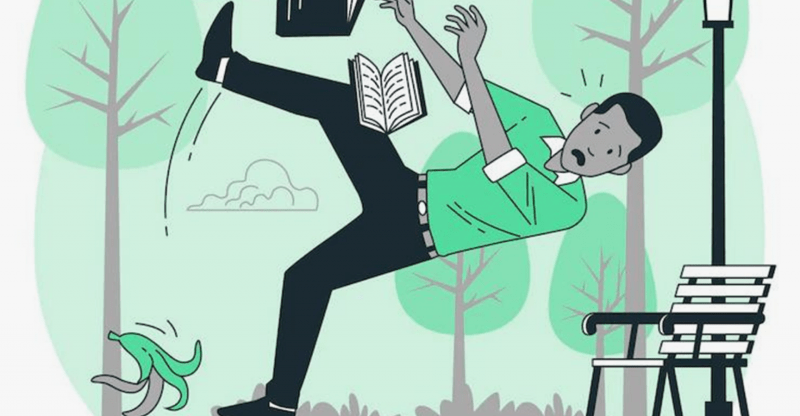How to Determine Liability for a Slip and Fall Injury Caused by Uneven Floors
Slip and fall injuries can cause serious physical harm and even death. It is important to determine liability if an uneven floor surface causes the injury. The responsibility for this type of accident usually lies with the property manager or owner. However, there are specific factors that must be taken into consideration when determining who is legally responsible.
Difficulties in proving liability for a slip and fall accident can arise due to the nature of the accident and the evidence that must be provided, which is why you should hire an experienced lawyer to help you.
Determining Liability for Slip and Fall Accidents
Determining liability caused by an uneven floor is complex. It is important to consider the following factors to determine who is liable.
Negligence
To be held liable, the property manager or owner must have been negligent in caring for the property. This means they failed to exercise reasonable care and attention when keeping their premises safe for visitors. For example, if an uneven floor was not adequately marked or repaired, the owner may be liable for any injuries resulting from this negligence.
Notice
The property manager must have had prior notice of the uneven floor. This means that they knew, or should have known, about its condition before the accident occurred. If no one notified them of the unsafe condition, it could be more difficult to prove liability.
Visitor Status
In addition to negligence and notice, the visitor’s status is also a factor that must be considered. Suppose the injured person was a customer, tenant, or employee of the manager or property owner. If that’s the case, they’re liable for any injury from an uneven floor. However, suppose the injured person was a social guest who was issued explicit instructions about avoiding certain areas of the building; in that case, liability may not fall on the property owner.
The Severity of Injury
In some cases, determining liability can depend on how severe an injury is and what caused it. Suppose a hazard caused an injury that the property manager or owner had no reason to anticipate. In that case, they might not be held liable for any injuries. However, if the injury was severe and caused by a long-standing hazard that should have been fixed, then the property manager or owner will likely be liable.
Liability Insurance
It is important to note that if a property manager or owner has liability insurance, they may not be held liable for any injuries resulting from an uneven floor. In this case, the insurance company would cover the costs associated with the injury and any damages awarded to the injured person.
It is important to consider all factors, such as negligence, notice, visitor status, the severity of the injury, and liability insurance, to establish who is legally responsible for any resulting injuries. Consulting with a qualified personal injury lawyer can help ensure that you receive fair compensation for your injuries.
Image source: https://imagesource.io/images/slip-and-fall-8/



